Search
Did you mean: Mari?
Search Results

Definition
Gnosticism
Gnosticism is the belief that human beings contain a piece of God (the highest good or a divine spark) within themselves, which has fallen from the immaterial world into the bodies of humans. All physical matter is subject to decay, rotting...
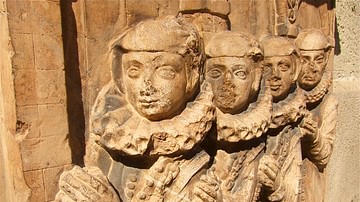
Article
Women in the Middle Ages
The lives of women in the Middle Ages were determined by the Church and the aristocracy. The medieval Church provided the 'big picture' of the meaning of life and one's place while the aristocracy ensured that everyone stayed in their respective...

Article
Religion in the Middle Ages
Religion in the Middle Ages, though dominated by the Catholic Church, was far more varied than only orthodox Christianity. In the Early Middle Ages (c. 476-1000), long-established pagan beliefs and practices entwined with those of the new...
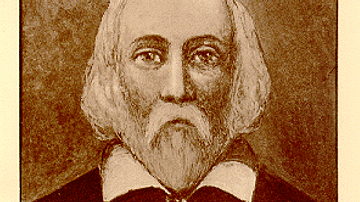
Definition
William Brewster
William Brewster (l. 1568-1644 CE) was an elder of the Leiden congregation of separatists (later known as pilgrims) and their spiritual leader while onboard the Mayflower and later after the establishment of the Plymouth Colony. The pastor...
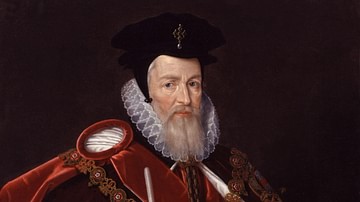
Definition
William Cecil, Lord Burghley
William Cecil, 1st Baron Burghley (1520-1598 CE) was Elizabeth I of England's most important minister for much of her reign (1558-1603 CE). Lord Burghley was Secretary of State for both Edward VI of England (r. 1547-1553 CE) and Elizabeth...

Article
Seven Notorious Women Pirates
In this article, we look at the lives and deeds of seven notorious women pirates. There is Teuta, the Balkan enemy of ancient Rome; Alwilda, the Scandinavian princess who chose a life of crime on the High Seas; Maria Lindsey, who terrorized...
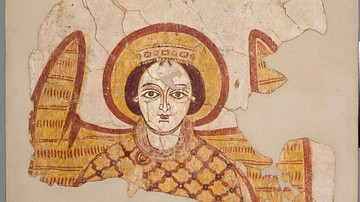
Definition
Faras Cathedral
The Cathedral of Faras, a city in ancient Nubia and once the capital of the Kingdom of Faras (aka Nobatia), was built and rebuilt from the 8th to 11th century CE. Its interior was decorated with hundreds of frescoes which are amongst the...
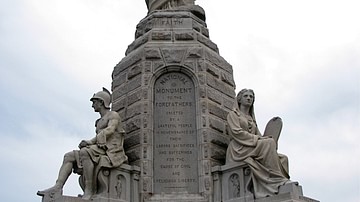
Article
Mayflower Passengers & Crew
The 102 Mayflower passengers were a diverse group made up of religious separatists (later known as pilgrims) and others referred to by the pilgrims as Strangers (people who did not share their faith). The ship also had a crew of approximately...
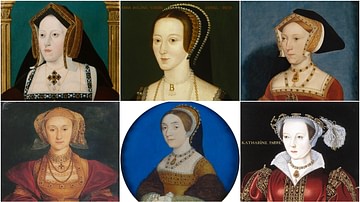
Article
The Six Wives of Henry VIII
In his search to secure the continuation of the Tudor line, Henry VIII of England (r. 1509-1547 CE) married an incredible six times. Some marriages were the result of passion while others were arranged for political reasons. One divorce caused...
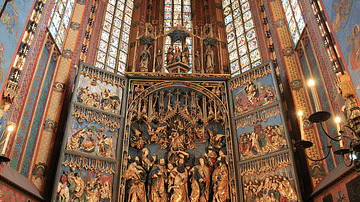
Article
Renaissance Altarpieces
During the Renaissance (1400-1600) just about any artist of worth found themselves commissioned at some point in their careers to produce an altarpiece. Some of the greatest names in European art were so called upon, from Jan van Eyck to...